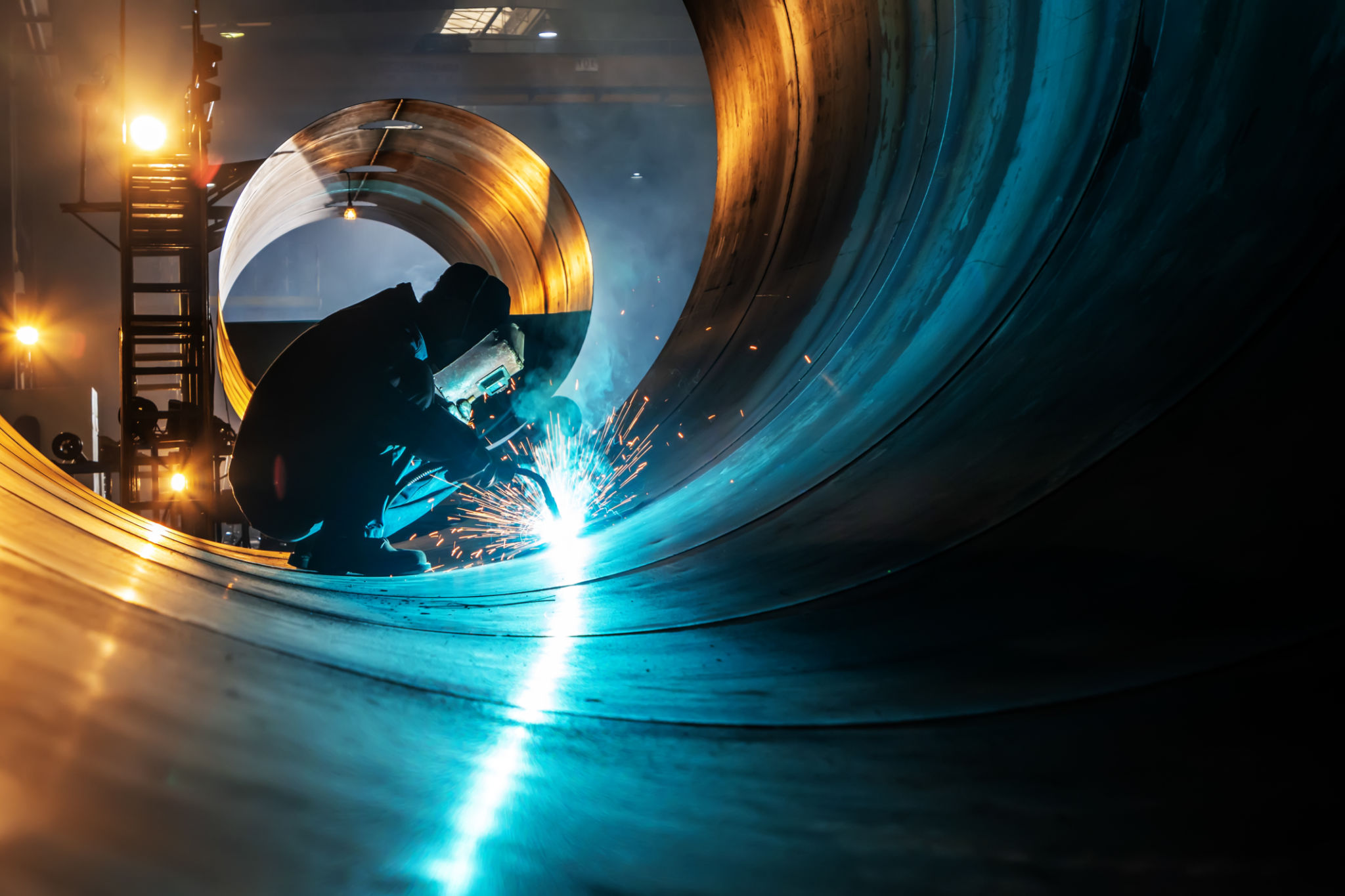DIY Welding Repairs: When to Call in the Professionals
Understanding the Basics of DIY Welding Repairs
Welding can be a rewarding skill for those who enjoy hands-on projects, offering both a sense of accomplishment and the potential to save money on repairs. Whether it's a broken fence, a garage project, or machinery repair, many common household and farm tasks can be tackled with DIY welding. However, it's crucial to understand the basics before diving in to ensure safety and effectiveness.
Before starting any welding project, ensure you have the right equipment. Basic tools include a welding machine, protective gear like gloves and a helmet, and appropriate materials for your specific task. Familiarity with different types of welding, such as MIG, TIG, and stick welding, will also help determine which method best suits your project.

While enthusiasm is great, remember that safety is paramount. Always work in a well-ventilated area to avoid inhaling harmful fumes, and wear appropriate protective clothing to shield against sparks and UV radiation. With the right preparation, you can safely undertake many small repairs on your own.
Benefits of DIY Welding Projects
One of the main advantages of DIY welding is cost savings. Paying a professional for labor can be expensive, especially for minor repairs that you could handle yourself with the right skills and tools. Additionally, welding can be a fulfilling hobby that allows for creative expression in projects like metal art or custom furniture.
Another benefit is the convenience factor. With the ability to make quick repairs on your schedule, you can avoid the downtime associated with waiting for professional services. This is particularly beneficial for urgent repairs that require immediate attention.

Moreover, acquiring welding skills can increase self-sufficiency and confidence in handling various home improvement tasks. The more you practice, the better you become at anticipating potential issues and finding solutions efficiently.
When to Call in Professional Welders
Despite the benefits of DIY welding, there are situations where it's best to call in professionals. Safety concerns are a significant factor; if a repair involves structural components or high-pressure systems where failure could lead to injury or extensive damage, it's crucial to hire an expert.
Complex projects requiring specialized equipment or advanced techniques are another instance where professional welders are necessary. Their experience and skill set ensure that the job is done correctly and safely, often with warranties or guarantees that provide additional peace of mind.

Finally, if you're uncertain about your ability to complete a repair correctly, it might be more cost-effective to hire a professional from the start. Mistakes in welding can be costly to fix and may result in more damage than the original issue.
Signs You Need a Professional
There are several signs to watch for that indicate a need for professional welding services. If you encounter cracks or damage in critical areas like vehicle frames or structural beams, these require expert attention due to their potential impact on safety and integrity.
- Visible rust or corrosion beyond superficial levels.
- Repairs involving rare metals or alloys.
- Projects requiring precision and exact measurements.
If any of these issues arise during your DIY attempts, it's wise to step back and consult with a professional.
Conclusion: Balancing DIY Enthusiasm with Professional Expertise
While DIY welding repairs can be an empowering endeavor, it's essential to recognize your limits. By understanding when to call in professionals, you can ensure both safety and quality in your projects. Balancing enthusiasm for DIY projects with awareness of when expertise is needed will lead to successful outcomes and continued enjoyment of this versatile skill.
